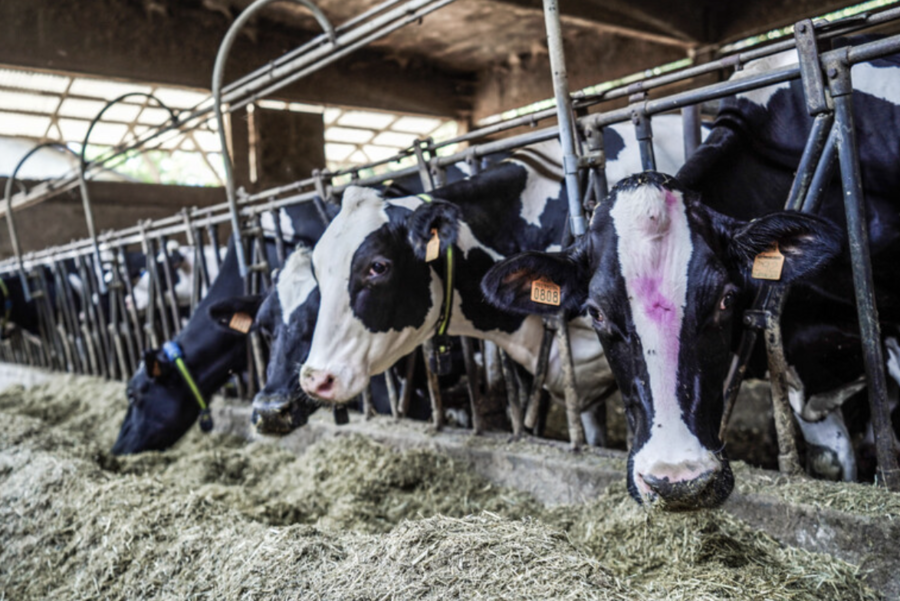The news raises eyebrows, but responds to a real eco-problem. In Denmark, lawmakers approved a legislation to make farmers reduce gas emissions by 70%, cutting as much as 1.8 million metric tons of carbon dioxide. The cause: their cows, sheep, and pigs emit too much methane,which is among the most potent gases contributing to global warming.
According to the U.S. National Oceanic and Atmospheric Administration, methane keeps about 87 times more heat on a 20-year timescale.
Danish Taxation Minister Jeppe Bruus said that, as of 2030, farmers will be taxed 300 kroner ($43) per metric ton of carbon dioxide equivalent emitted from each bovine. By 2035, the tax will increase to 750 kroner ($108). Considering an income tax deduction of 60%, the actual cost per ton accounts for 120 kroner ($17.3) and increases to 300 kroner by 2035. “Denmark will be the first country in the world to introduce a real CO2 tax on agriculture,” the Minister added.
90% of the methane that animals produce comes from the way they digest, through fermentation, and is released as burps through their mouths. Cows are more polluting than pigs, producing 6 metric tons of CO2 equivalent per year. This means that the average annual charge per cow will cost a little over $100.
The Danish dairy industry welcomed the agreement, but it enraged some farmers. The legislation is related to the EU plan to become climate neutral by 2050.












